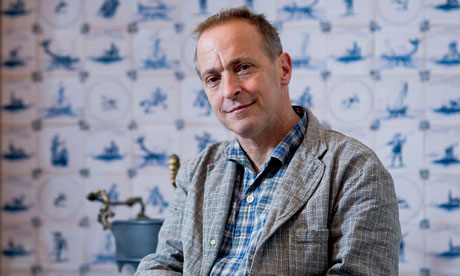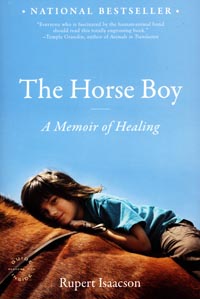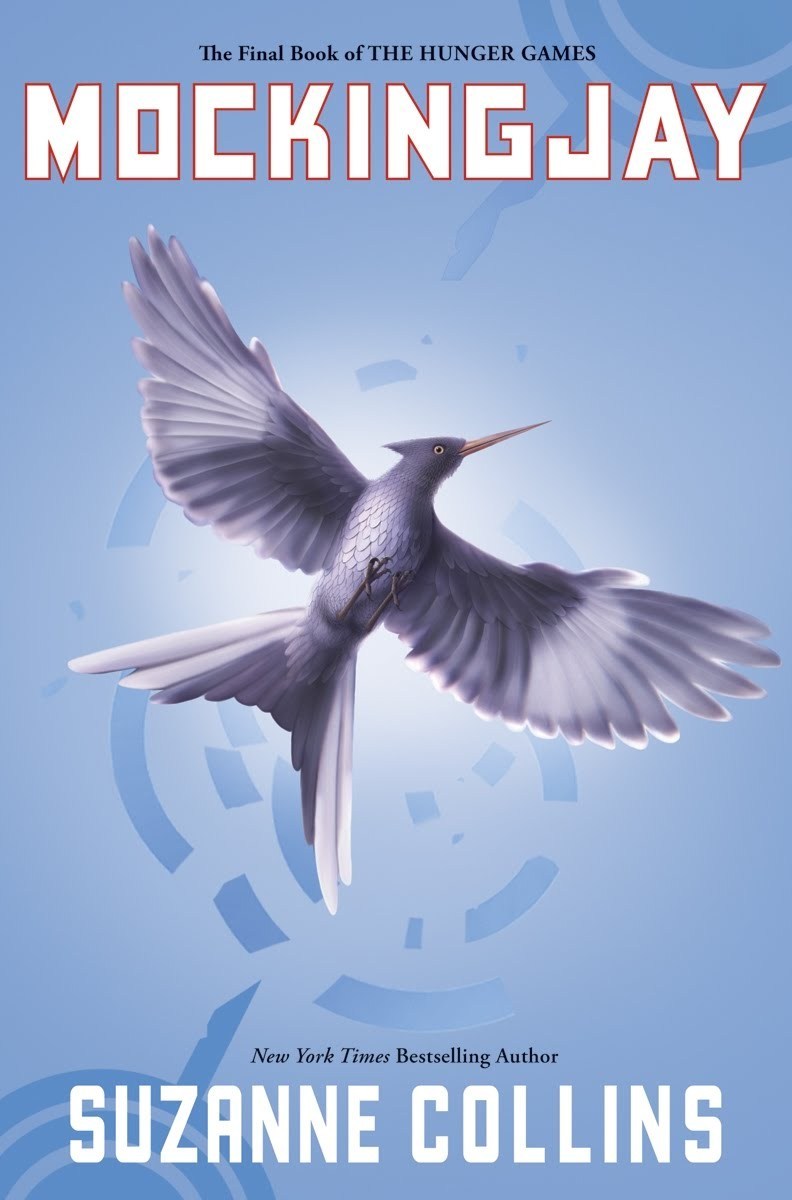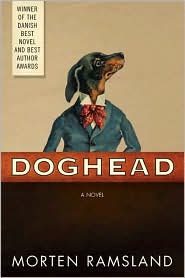taken from the guardian.uk by John Crace
Stieg Larsson
He spent the best part of 25 years editing a small left-wing magazine before delivering to a publisher the finished manuscripts of three books – The Girl With the Dragon Tattoo, The Girl Who Played With Fire and The Girl Who Kicked the Hornets' Nest. They were originally intended as a 10-part "Millennium" series and the framework of a fourth book does exist, though it is not considered publishable. Larsson died of a heart attack in 2004 just before the first book was published in Sweden.
Henning Mankell
After making his name, but little money, as a writer of serious plays and novels, Mankell hit the big-time in the 90s with his series featuring Kurt Wallander, the harddrinking, divorced, lonely, angry everyman detective. The books also reflect Mankell's left-of-centre politics with cutting dissections of Swedish society and have picked up numerous awards around the world. It's been 10 years since he wrote The Pyramid, his last Wallander book, but another is rumoured to be on the way.
Peter Høeg
Like Mankell, Høeg started out as a serious writer before Miss Smilla's Feeling for Snow made his a household name outside Denmark in 1992. Unlike Mankell, Høeg didn't choose to follow up his success; his next book, Borderliners, was a semi-autobiographical novel about a Copenhagen private school and in 1996 he published The Woman and the Ape, which was mauled by the critics. Høeg went into hibernation for 10 years before publishing The Quiet Girl in 2006 which was also panned for being too difficult and postmodern.
Arnaldur Indridason
He began the Detective Erlendur series in 1997 with Sons of Dust and has one on to write a further eight, becoming the most widely read Icelandic author in the process. Has been acclaimed both by his peers – Harlan Coben is a big fan – and by the critics for transcending genre with the quality of his writing . Arctic Chill, his most recent book in translation, won the prestigious Crime Writers' Association Gold Dagger in 2006. A new book, Hypothermia, is due out in translation this year.
Håkan Nesser
Only became a full-time writer in 1998, having already knocked out eight books – mostly crime fiction – while working as a teacher in Uppsala. So far only his early books, The Mind's Eye, Borkmann's Point and The Return, which feature a detective called Van Veeteren, have been translated into English, though a fourth, Woman With a Birthmark, is due out this year. Since 2006, Nesser has written three books with a new character, Inspector Gunnar Barbarotti, that have picked up prestigious awards in Sweden and should appear in English in the near future.
Jo Nesbø
After dumping careers fi rst as a journalist and then as a stockbroker, Nesbø now splits his time between singing lead vocals for Norwegian rock band Di Derre and writing thrillers featuring Harry Hole, a typical maverick anti-authoritarian cop. Most pundits reckon he should stick to the writing. So far only The Redbreast, The Devil's Star and Nemesis are in print in the UK, though The Redeemer is due out in March. If that does well, expect translation of the other three Harry Hole thrillers shortly.
Karin Fossum
Started out as a poet – her first collection, published when she was just 20, won a major prize in Norway - but has since been dubbed the "Norwegian Queen of Crime" for her Inspector Sejer series that has been translated into more than 15 languages. Her most recent UK book is Black Seconds about a missing child, and The Water's Edge is due out later this year.
Sjöwall and Wahlöö
The husband and wife team of Maj Sjöwall and Per Wahlöö can legitimately claim to be the grandparents of Scandinavian crime fiction with their series of 10 novels published between 1965 and 1975, featuring Martin Beck as a Stockholm detective, that were published between 1965 and 1975. Beck was the archetypal loner and the books established the principle of turning a critical eye on contemporary society. Their books are still in print in the UK, though they are much more popular on mainland Europe – most French bookshops have piles of them. Almost certainly overdue a revival here.




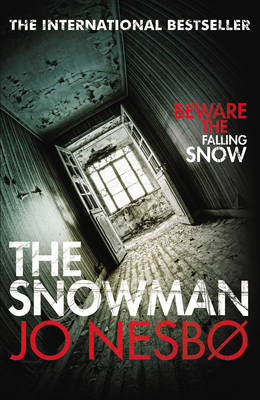



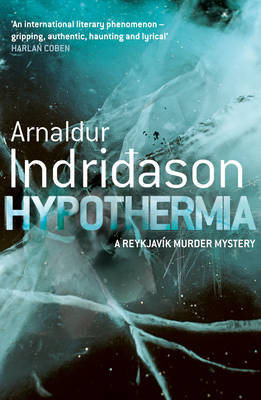


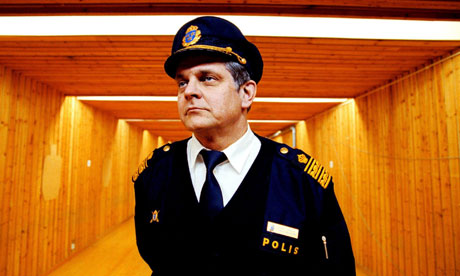

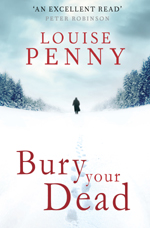


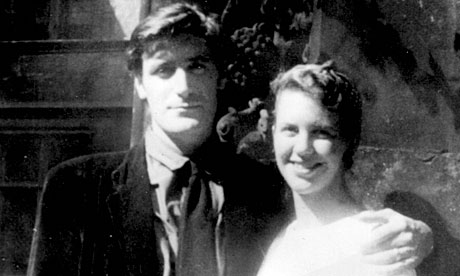 "Last Letter", found by Melvyn Bragg in the British Library with the help of Hughes's widow Carol, and
"Last Letter", found by Melvyn Bragg in the British Library with the help of Hughes's widow Carol, and 